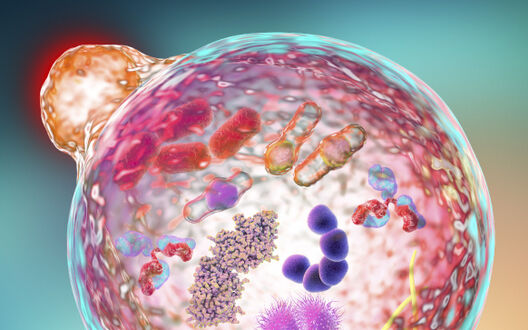Development of a predictive healthspan and lifespan clock to accelerate preclinical studies
Longevity studies in mice currently rely on waiting until the end of the mouse’s life to determine if interventions designed to delay aging are working. This means researchers can wait up to 3 years for results. Dr. Kane is trying to model and predict, in mice, how healthy they are and how long they are going to live, at a much earlier time point. This could potentially lead to a way to assess the biological, rather than chronological, age of a mouse – essentially a measure of how healthily a mouse is aging – at a much earlier time point, so that we can know whether interventions are working much more quickly. And importantly, we could predict not only whether lifespan increases, but whether healthspan increases as well.










